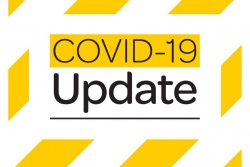National News

Four new cases of Covid-19 sends Auckland into lockdown

Covid-19 recovery fund to help Kiwi House redevelopment
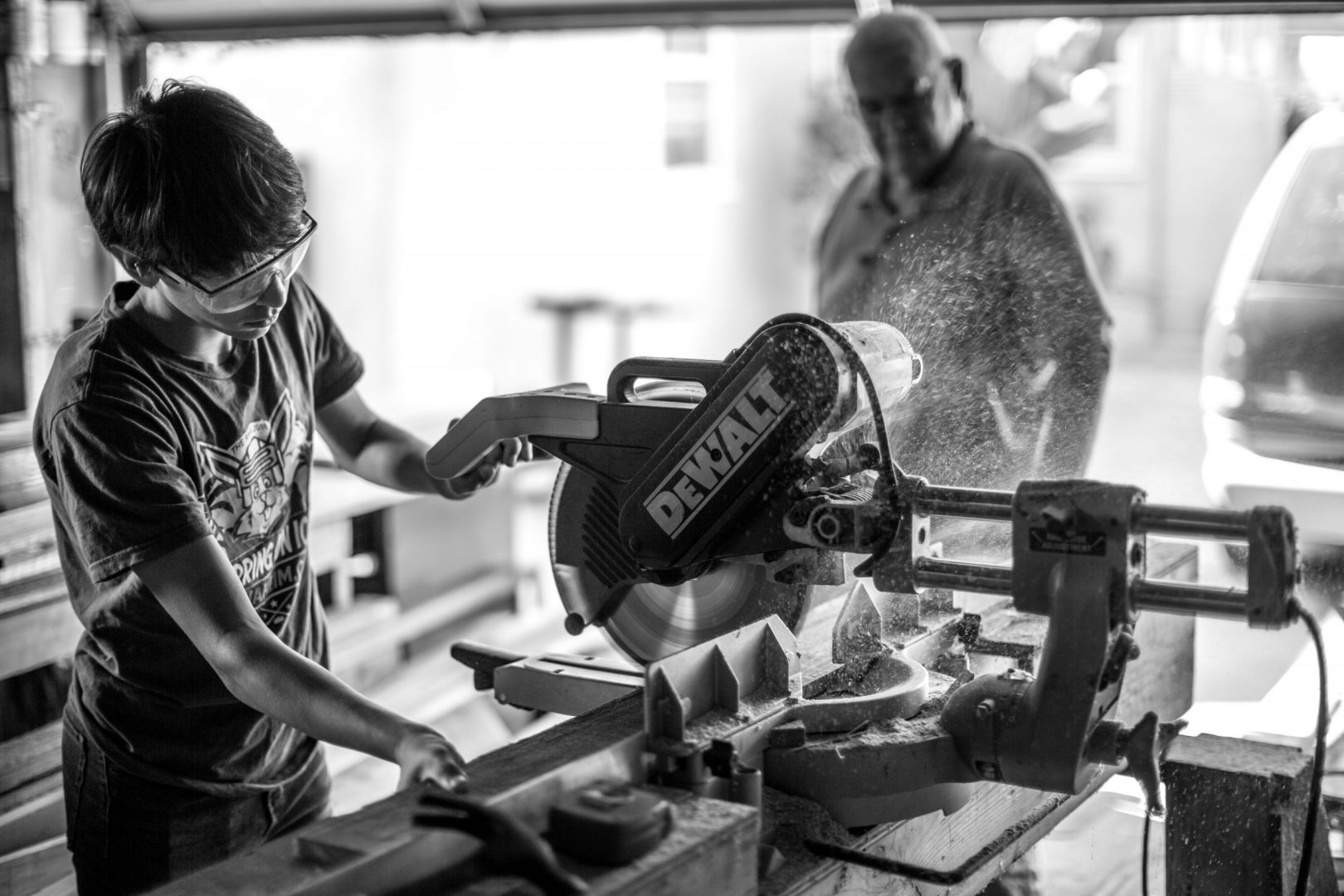
Rural New Zealand to combat youth unemployment
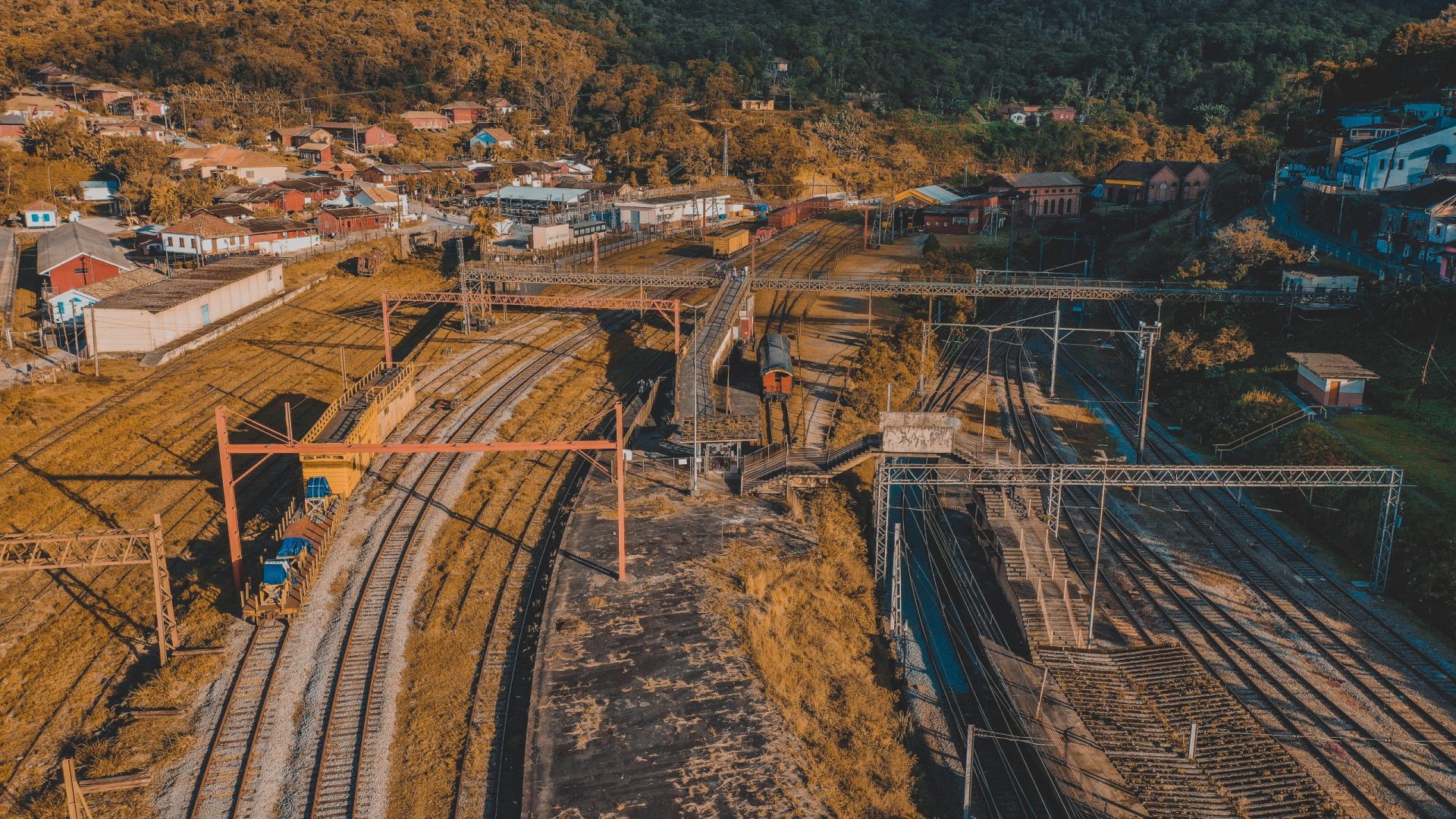
Mining company looking to expand Waihi mine
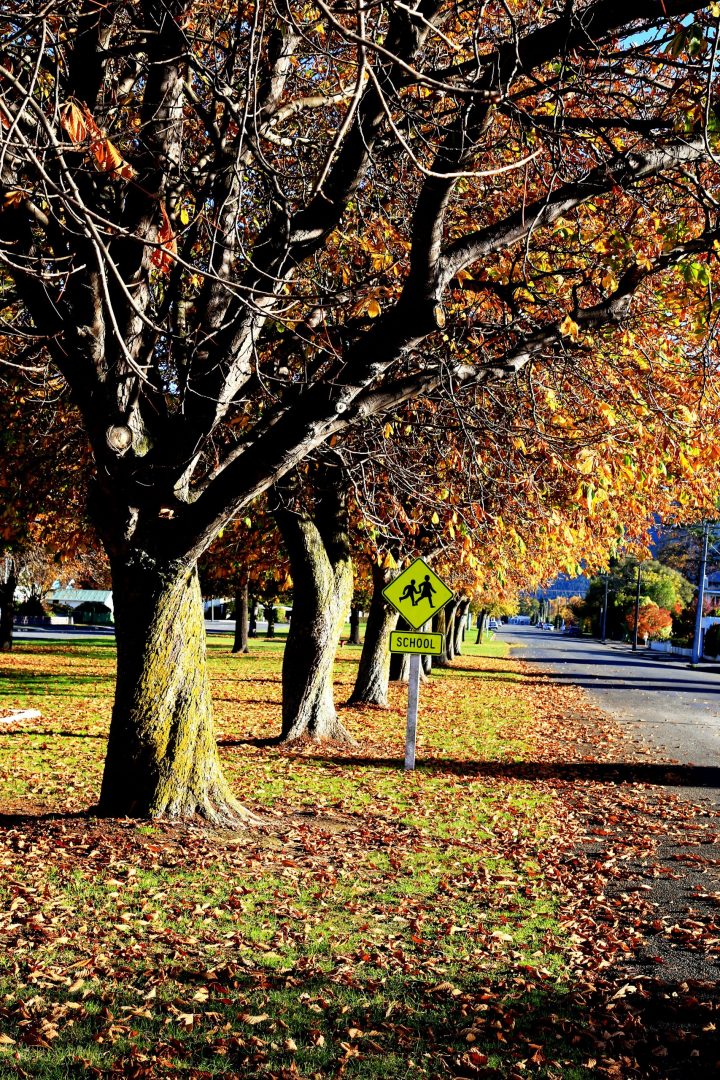
Small towns welcoming new business
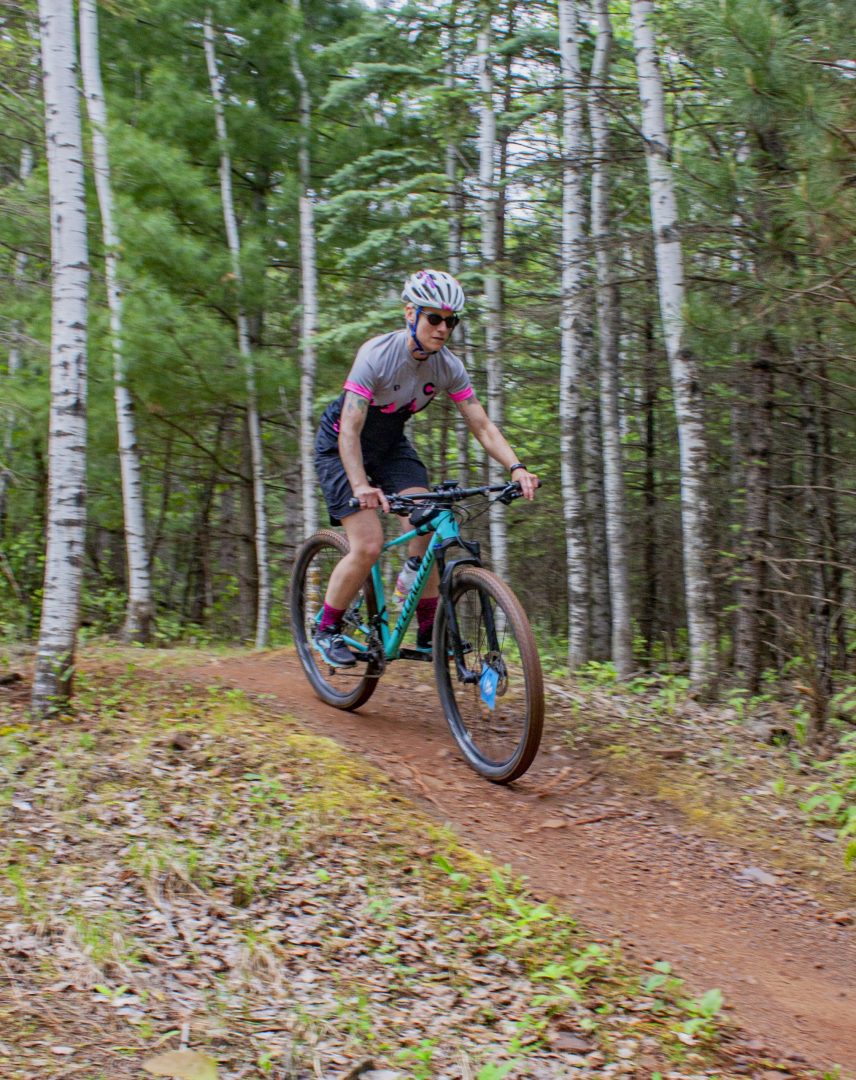
Paeroa Maritime Park project begins
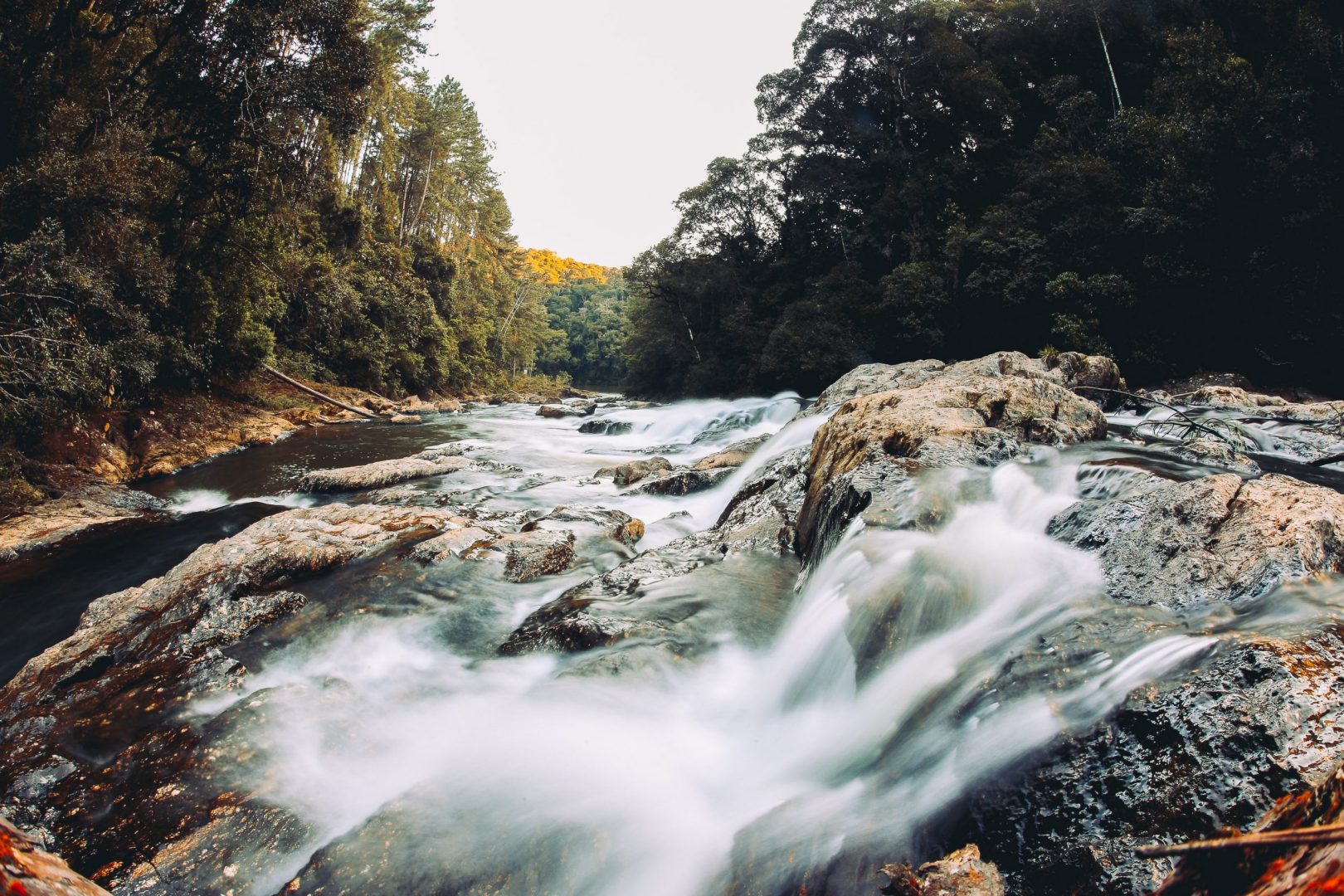
Calls for a ban on swimming in Taupo rapids
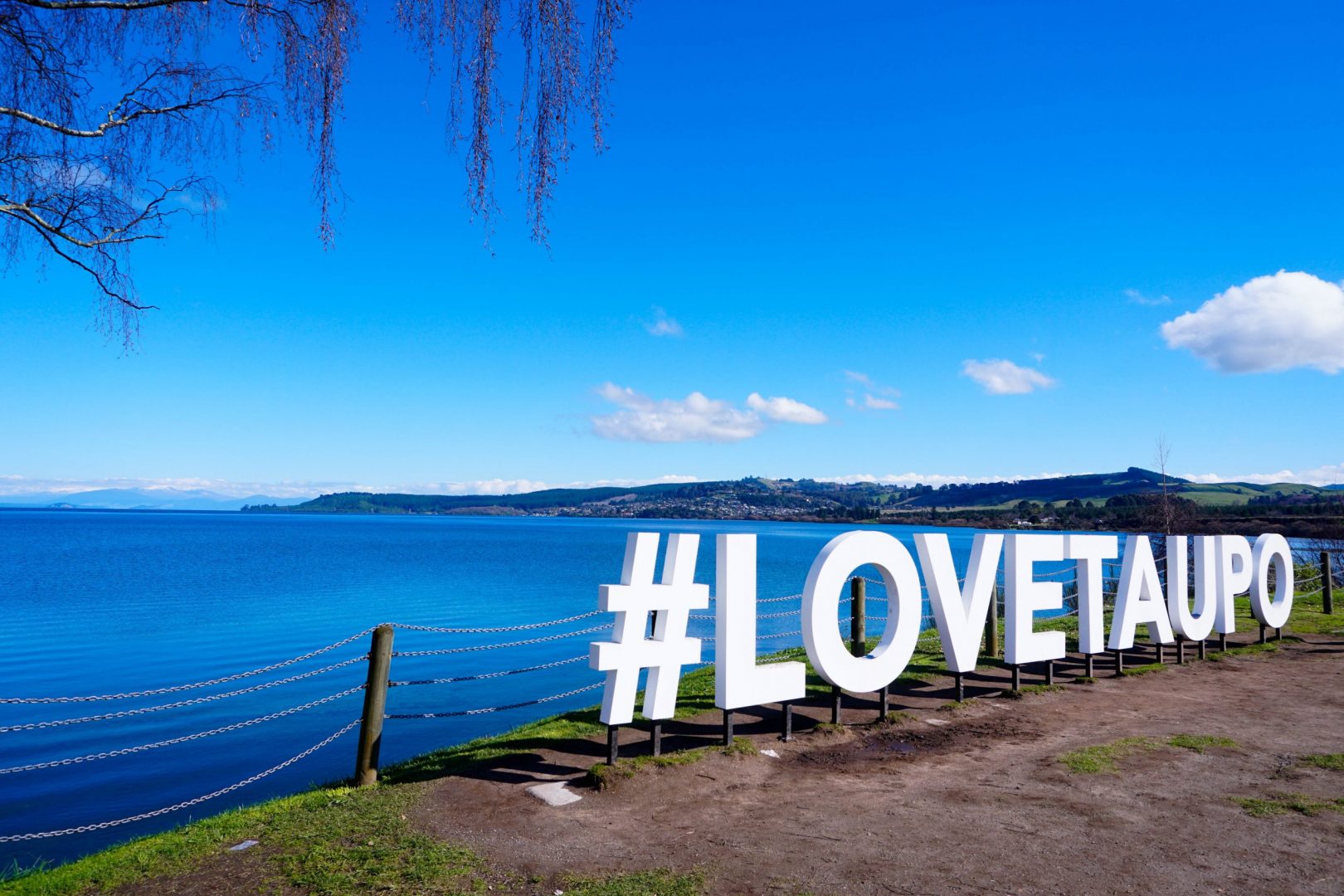
Local Iwi to take control over some of Council functions
Loneliness spikes amid Covid-19
